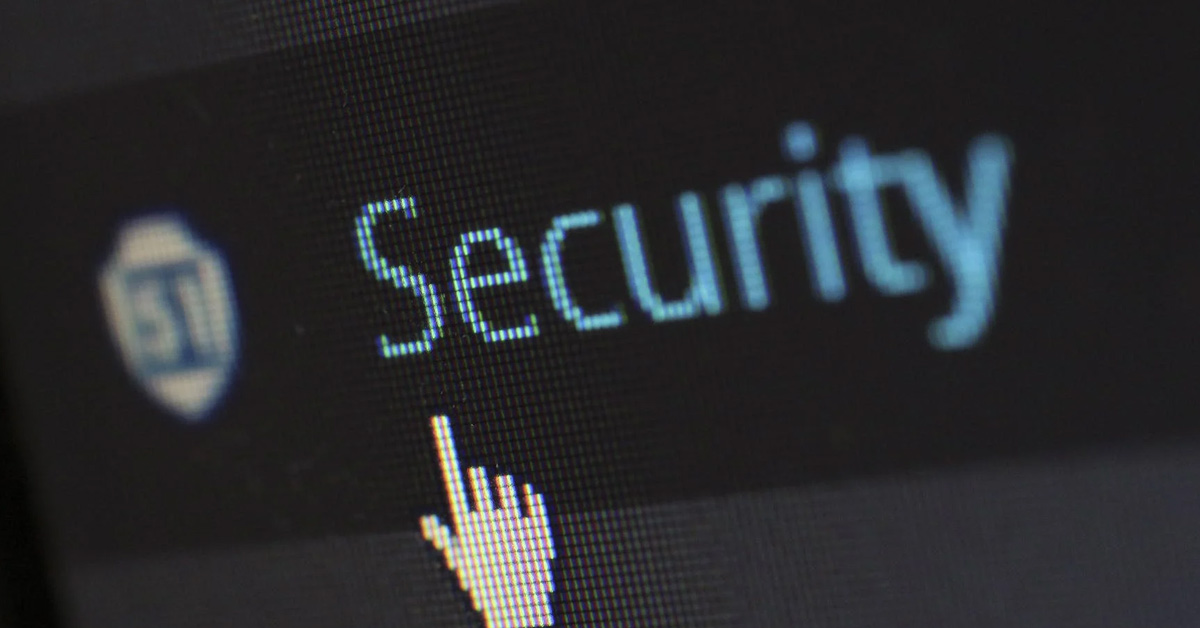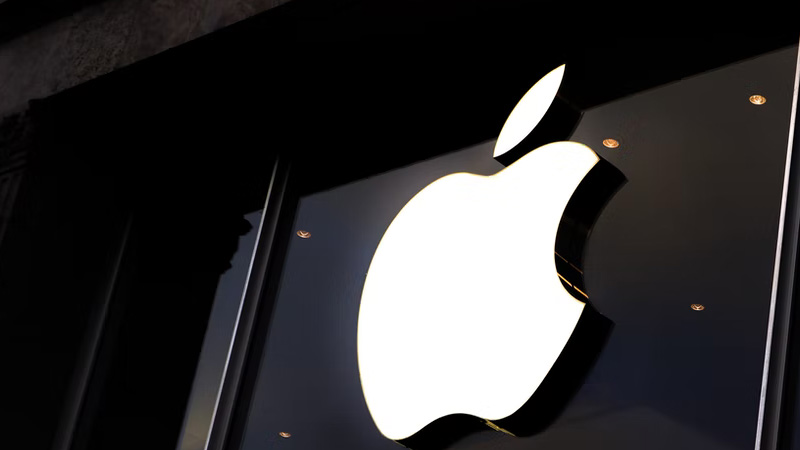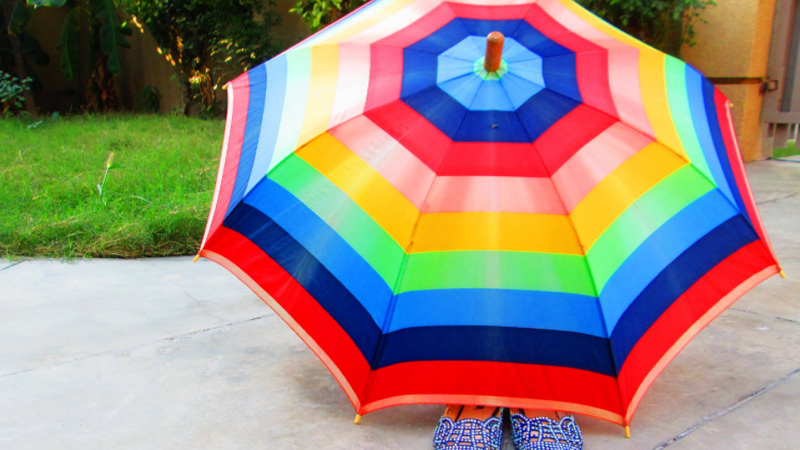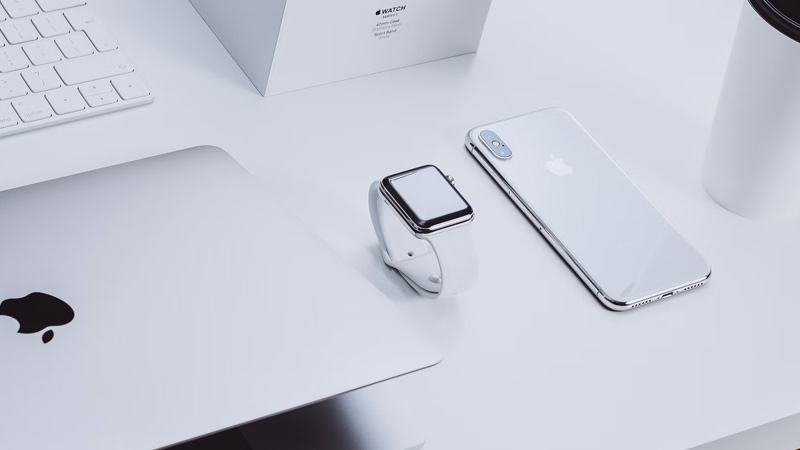Does Apple Pay Have Buyer Protection?

Since its launch, Apple Pay has been a digital payment medium that makes payments easier, faster, and very convenient for users and has been adopted by a lot of Apple device users and a lot of retail businesses that have the NFC-based reader that allows users to perform contactless transactions. Apple Pay is a safe platform that places its user’s security as a priority hence it’s important to know if Apple Pay has buyer protection for its users. This leads us to ask “does Apple Pay have buyer protection?”
Apple Pay doesn’t have buyer protection as the platform is just an electronic payment technology used to make payments and receive money. Buyer protection is usually provided by banks and not payment solutions like Apple Pay hence why Apple Pay doesn’t provide buyer protection to its users.
Apple Pay isn’t a bank or an insurance agency so it doesn’t provide buyer protection to users. In this article, I’ll discuss with you why Apple Pay doesn’t provide its users with buyer protection and other anti-fraud measures taken by Apple Pay to protect its users from scammers and identity theft.
Does Apple Pay Have Buyer Protection?

No, Apple Pay doesn’t provide buyer protection to its users. This is because Apple Pay is an electronic payment technology used by users to pay and receive money. Apple Pay isn’t a bank or insurance company so it doesn’t offer buyer protection to its users.
Apple Pay is a platform created by Apple to ease apple device users of the stress and inconvenience that comes with making payments with cash, checks, and cards. The innovation led to the creation of a digital Wallet known as apple wallet in which Apple Pay is attached as the payment system that will be used to complete transactions from cards stored on the apple wallet.
As far as Apple Pay transactions go, they are rated as more secure than swiping a credit card or debit card at the point of sales machines because it reduces the risk of users’ credit or debit cards information from being stolen. It also prevents users from losing their credit or debit cards because, with Apple Pay, they get to have all their cards saved in one digital wallet while the digital wallet can allow them to use the cards to make payments whenever they like.
Apple explains that the app utilizes users’ device’s integrated security features found within the hardware and software to offer protection as they complete transactions whenever and wherever they choose to make the transaction. With the Touch ID and Face ID scanners available on apple devices, users will need to use these biometric scanners to complete their payment and whenever the scanners are unavailable, you can enter your Apple ID passcode.
Apple tries to keep your transactions as private as possible by not keeping any of the transaction info that can be tied back to you. The transaction history just stays between you and the merchant you buy from.
Why Does Apple Pay Not Have Buyer Protection?
The reason Apple Pay doesn’t have buyer protection is that the transaction users perform is usually through bank cards stored on the apple wallet. The only service Apple Pay is rendering is storing the cards and creating a platform that allows users to make payments directly from these cards without needing to enter new card details manually since the cards are already stored on the wallet.
The card issuer or bank where the card is collected from usually already provides buyer protection so there’s basically no need for Apple Pay to also provide its own buyers’ protection since the card issuer already provides buyer protection. Apple Pay is majorly an intermediary between the bank and customer so there’s no need to provide buyer protection as the bank already has that covered.
The way Apple Pay plays as an intermediary between the banks and the consumer is, the bank produces the cards and issues them to users, users go on to take these cards and store them on apple wallet and then go on to use apple pay to perform transactions with cards stored in the apple wallet. So with this illustration, it does make sense how apple pay is an intermediary and why Apple Pay doesn’t have buyer protection.
Will My Bank Or Card Issuer Still Offer My Buyer Protection

Since apple pay is just an intermediary in the whole structure of the Apple Pay payment system, your banks, and card issuers will always provide you with your buyer protection. So, if you notice a transaction that you don’t seem to understand its details whenever you use Apple Pay, you can contact your bank or card issuer for clarity or an investigation.
Apple pay isn’t involved in this because as discussed earlier, the payment platform is just an intermediary between banks or card issuers and users. So if you encounter a problem with a transaction, you’ll need to contact your bank or card issuer and not Apple Pay cos Apple Pay won’t step in to help you investigate the issue.
How Does Apple Pay Protect Its Users
Although Apple Pay doesn’t provide buyer protection, Apple Pay still makes sure that its users are protected from fraud. Yes, scammers may still try to get you but if you don’t share your personal information with them, then the percentage of you being scammed is very low. Always be wary of sellers that seem like obvious scams so you’re not exposed to the risk of being scammed or your identity being stolen. The following are ways Apple Pay protect its users from being scammed:
Two-Factor Authentication
With two-factor authentication (2FA), whenever you open the Apple Pay app, you will be sent a security code on your mobile device to confirm you are the one trying to access the application. Once the code is sent, you will need to enter the code on Apple Pay to be able to access the payment portal. This is a way of making sure that your login is encrypted properly to avoid hackers from hacking your account.
A lot of platforms use 2FA now to protect logging in with a security layer so it’s not only new to Apple Pay.
Personal Information Encryption
If you’ve ever wondered what happens to your personal information whenever you set up your Apple Pay account, then here’s what you should know. Your personal information is sent to Apple’s servers as encrypted information. This way it’s harder for hackers to get a hold of your personal information because your personal information isn’t just floating around on the World Wide Web.
The apple servers keep user information secured so hackers and identity thieves won’t be able to access your personal information.
Safe Login Method

Whenever you log in to your Apple Pay account, you need to use a safe login method. This safe login method consists of using your Apple ID passcode, Face ID, or Touch ID. So if you want to log in, you need to use either of these to complete your login process.
The safety of your account is dependent on how complex your password is so if your password is complex, it has a lower tendency of being predictable and hacked.
